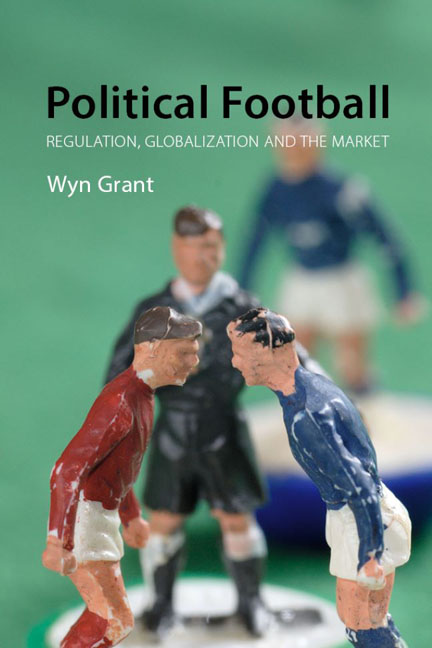3 - Not business as usual
Published online by Cambridge University Press: 20 December 2023
Summary
According to FIFA there are some “five billion football fans around the world, with Latin America, the Middle East and Africa representing the largest fan bases”. Over three billion people watched some of the 2018 World Cup with more than a billion tuning in for the final (Goldblatt 2019: 551). However, the money in the game is concentrated in Europe. No club from outside Europe ranks in the top 30 for revenue generation. In the 2018–19 season the top 20 clubs in the world were all European, raking in a combined revenue of €9.3 billion (FIFA 2020).
Football's consumer appeal is huge, with its younger consumers being the most important commercially. It is ostensibly an industry, and some clubs attempt to operate in a business-like fashion, but with one important exception: it is a business unlike any other. The overwhelming majority of football clubs do not make any profit. As a result, many conventional forms of economic analysis do not apply. When interrogating the data, however, it should always be remembered that this is “a unique industry because the investments made are frequently emotional or political instead of just financial” (Maguire 2020: 169).
The absence of profits
In a capitalist or free market economy businesses are normally run with the expectation of making a profit. Stock markets pass judgement on companies and increasingly feature predatory hedge and private equity funds. Companies that are seen to make insufficient profits are highly vulnerable to buy-outs and takeovers.
Often an investor or company specializing in acquisitions takes over the company for a nominal amount in the hope of securing a turnaround by disposing of underperforming assets, as in the case of Mike Ashley and the UK department store House of Fraser. Hedge and private equity funds may perform a similar role. Whether this is good for the company, its employees or the wider economy is beyond the scope of this book. It is, however, worth noting that an economy without mechanisms for dealing with failing companies would soon start to underperform at a macro level.
- Type
- Chapter
- Information
- Political FootballRegulation, Globalization and the Market, pp. 49 - 66Publisher: Agenda PublishingPrint publication year: 2021

